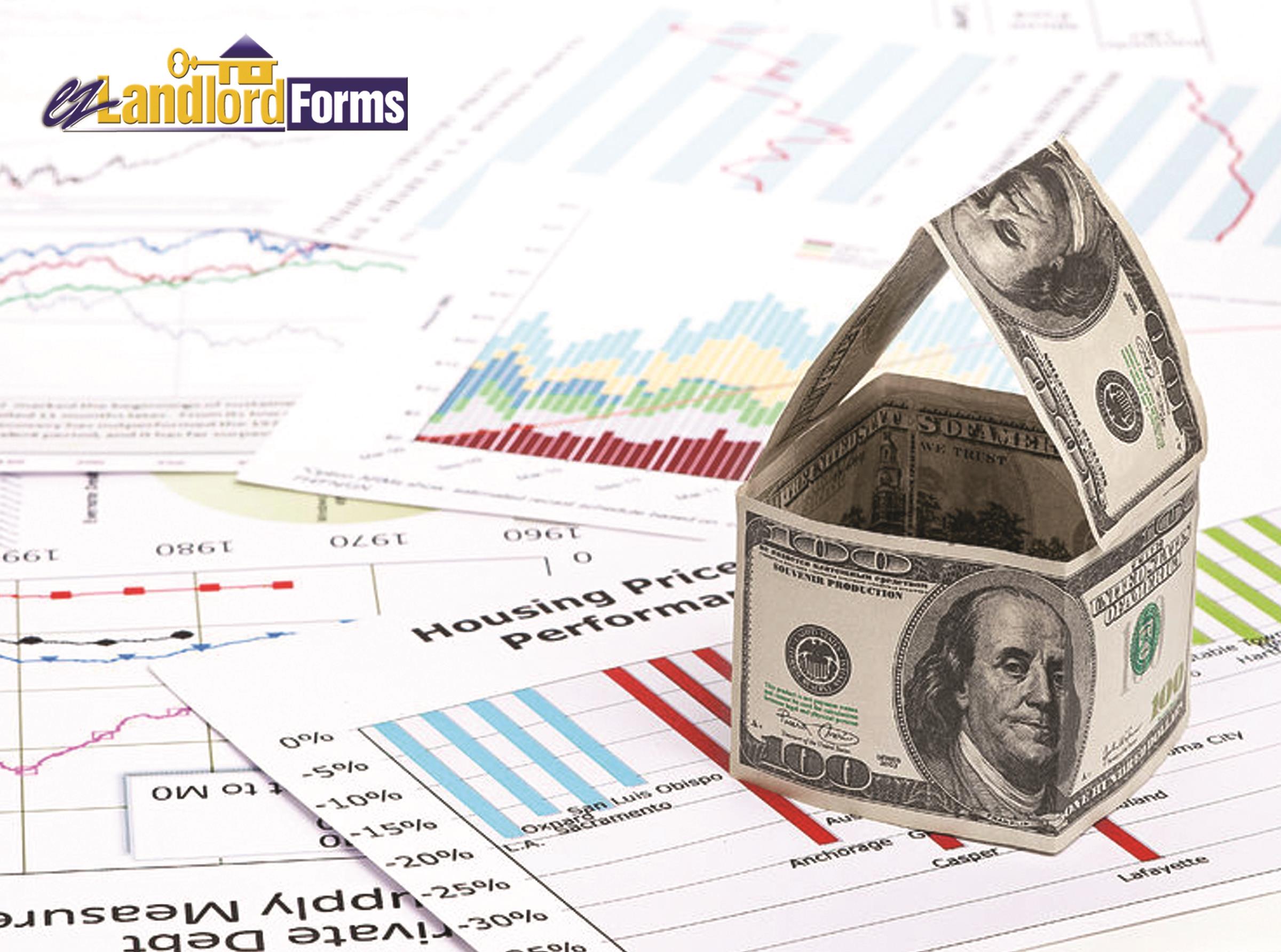
Depreciation is defined by the IRS as “an income tax deduction that allows a taxpayer to recover the cost or other basis of certain property. It is an annual allowance for the wear and tear, deterioration, or obsolescence of the property.”
The annualized deduction is calculated by dividing the house value (not including the land value) by 27.5. That deduction may create a “book loss” that allows you to show a loss on your income taxes to offset your positive cash flow. This in turn allows you to take the loss off your personal taxes.
For example, your property market value $300,000 is broken up to a house value of $200,000 and a land value equalling $100,000.
Your depreciation would be $200,000 divided by 27.5, equaling $7,272.
That would allow you to claim $7,272 off of your yearly expenses.
Of course, every area has a different land value versus house value. Urban areas will have greater land values relative to rural areas. It is important to be sure to know the specific values and breakdowns for your property.
Tax Impact
Depreciation is a useful tax tool because it allows a landlord to book a loss, even as they have made income. Depending on your household’s adjusted gross income (AGI), that loss may help to reduce your tax payment. For example, if you made $100,000 of income, depreciation may give you a $4,000 “loss” on your taxes. Your AGI is now $96,000. That lower income amount may put you into a lower tax bracket, with a lower tax rate. All of these factors can lead to a reduction of the taxes that you owe for the year.
So why doesn’t everyone love depreciation?
The problem with depreciation is, it is not “free money.” Unless you die and a new basis is created for your estate, you eventually have to pay depreciation back when you sell the house. A deferment is available through a 1031 exchange, but if you ever sell outright, for many it can be a huge burden.
The current IRS payback rate is 25 percent. Based on our previous example, if your depreciation is $7,272 a year, you would have to pay the IRS back $1,818 per year of depreciation taken.
The issue with depreciation is that these numbers are the same for everyone, no matter if you filed as married or single, and regardless of your tax bracket. The depreciation and repayment rates are the same for everyone.
In addition, there are AGI limitations. The IRS only allows a maximum loss of $25,000 for incomes up to $100,00. Beyond that, the maximum allowable loss decreases as your AGI increases, so that incomes of $150,000 and up may not deduct the losses at all (for a married couple filing jointly).
Those in higher income brackets may not benefit from depreciation. So why claim depreciation in the first place? Depreciation must be paid back when you sell the property whether you have taken it or not.
For some, depreciation is an added bonus and for others it is a burden.
However, it is important to remember that in the complicated landscape of U.S. tax law, every situation is different. If you have any doubts about your understanding of depreciation or any other aspect of completing your taxes, you may benefit from the expertise of a certified public accountant to walk you through the process and explain all of the ins and outs.